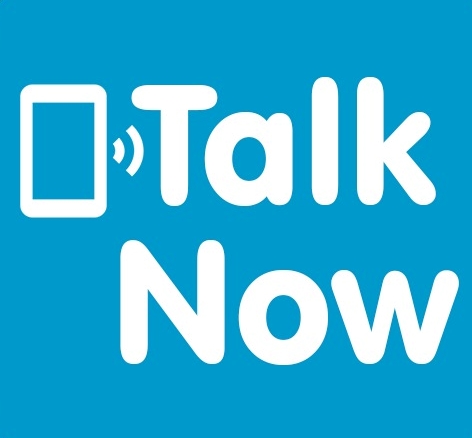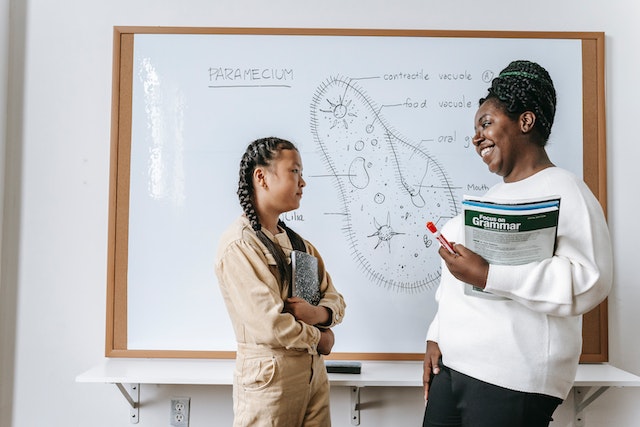MEANING
Very often, we also call this tense as ‘will tense’ because it is created with the modal auxiliary ‘will’.
STRUCTURE
Subject+Auxiliary(will)+Main verb
In the Future Simple Tense, in case of the negative sentences, we put the word ‘not’ in between the auxiliary verb and the main verb.
In the case of question sentences, we exchange the subject and the auxiliary verb.
Let us take a look at the examples of Future Simple Tenses:
| subject | Auxiliary verb | Main verb | |||
| For positive sentence | I | will | return | The book. | |
| You | will | complete | Before everyone. | ||
| For negative sentence | She | will | not | Come | To the party. |
| We | will | not | Leave | You alone. | |
| For question sentence | Will | you | return | On-time? | |
| Will | they | want | supper? |
At times, we use the word ‘shall’ instead of ‘will’, especially in the case of ‘I’ and ‘we’.
While speaking, when we use the future simple tense, very often we combine the subject and the auxiliary verb. Something like this:
| I will | I’ll |
| You will | You’ll |
| She will | She’ll |
| He will | He’ll |
| They will | They’ll |
In case of negative sentences, we will combine the word ‘won’t’, something like this:
| I will not | I won’t |
| She will not | She won’t |
| He will not | He won’t |
| They will now | They won’t |
| We will not | We won’t |
WHERE IS THE FUTURE SIMPLE TENSE USED?
We use the Future Simple tense when we do not have a plan or a decision to do something before we speak. We make the decision at the time of speaking.
Let us understand with some examples:
- Wait. I’ll get the bottle.
- We’ll stay in touch however far you go.
The examples say that we had no firm plan before speaking. The decision is mostly made at the time we speak or are about to speak.
We also use the Future Simple Tense to predict the future. Here too, there is no firm plan. What we say usually depends on what we think will happen, what we will predict about it.
For example:
- It will pass as you move on.
- Who do you think will forget the assignment?
Remember that when the main verb is ‘be’, we can use the Future Simple Tense if we have a firm plan or a decision before speaking.
For example:
- I’ll be back soon. It won’t be very long.
- Will you be at the party tomorrow?
- I’ll be nearby. Don’t worry.















